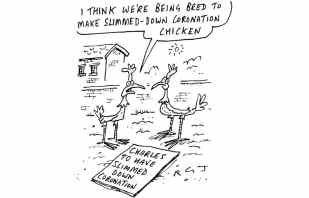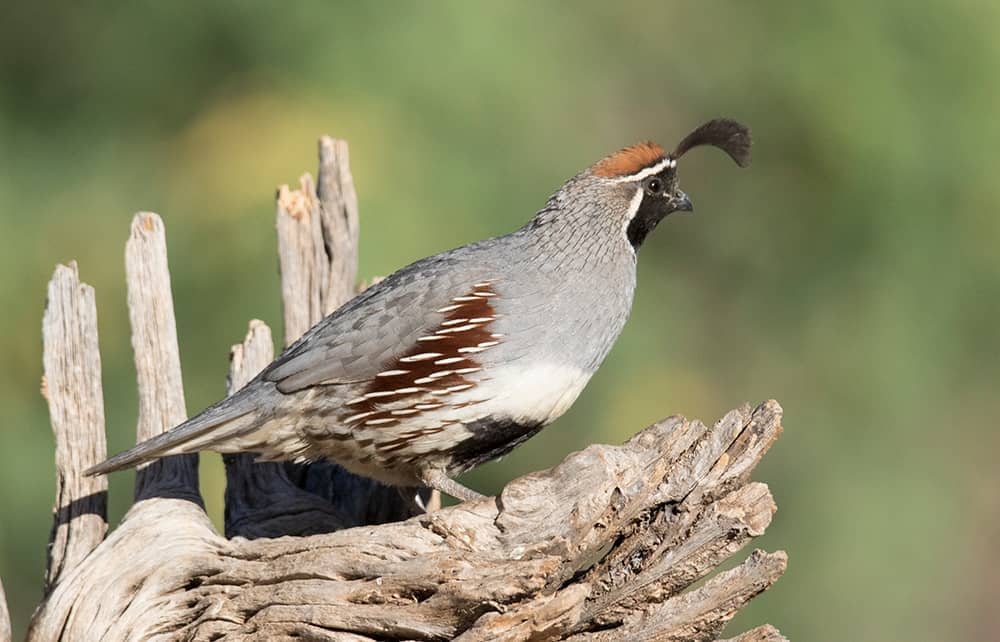Adapt or die. That brutal Darwinian dictum is too blunt to serve as the motto of Dinosaurs, Lydia Millet’s slim, quietly powerful 12th novel, but the threat of extinction, implicit in the title, hovers in the air. Bird-obsessed – our feathered friends are ‘the last of the dinosaurs’ – the novel tracks two years in the life of a ‘stricken’ character who feels ‘less than whole’. Gil was damaged in early childhood by the sudden death of both parents, and then by a second abandonment, by a long-term girlfriend who absconded, leaving a three-word note: ‘I met someone.’
Gil is rich, having inherited his grandfather’s fortune. He has few friends and no reason to be in one place rather than another. He tries to cure his heartache by walking from Manhattan to Phoenix, Arizona, where he has bought, sight unseen, a large house on the edge of the desert. The long walk does him some good, but even better are the people who move in next door: a husband, wife, teenage girl and younger boy. Theirs is a glass house, literally. ‘At first they seemed like a group of mannequins to him, in a high-end department store window.’ Gil is shy; they are not. Gradually they form a kind of symbiotic relationship.

He observes the neighbours and also the bird life: quail, mourning doves, hummingbirds, woodpeckers, vultures. He volunteers at a shelter for battered women but before long his role is discontinued. The director tells him that the shelter’s board has ‘decided, until the gender climate improves, to put the Friendly Man programme on hold’. (The novel is set during the first half of the Trump presidency.)
Other things happen. The boy next door is bullied. A woman courts Gil. Not far from his house he finds a large dead hawk, ‘one wing so loaded with birdshot it had nearly detached from her body’. These events are ordinary, interesting enough, and the shellshocked Gil reacts to them – and yet it would be an exaggeration to say that Dinosaurs has a plot. It has a mood, a sensibility, and an elaborate series of loose avian allegories. Many of the chapters are named after birds, and bird behaviour reflects on the behaviour of the humans in our purview and vice versa.
Millet deploys a radically stripped-back prose style, as bare and plain as the dry, sandy river bed behind Gil’s house. The sentences are short. Paragraphs, too. A paucity of verbs. Among the few lyrical flights is a meditation on ghosts. Gil doesn’t believe in them, but wishes he did: ‘The souls might gather in a host, flock together and wheel and spin. Funnel and disperse.’
What does Dinosaurs add up to? It could be mistaken for a character study. Gil is attractive, perceptive, passive but not apathetic. He wants to do good, to be good. ‘You don’t fight for yourself,’ a friend tells him. ‘Only for other people.’ He fights for other people and other species, birds especially. Any threat to avian populations, descendants of the dinosaurs, ought to remind us of the threat to our own species. Will we evolve? Gil compels attention because he has the freedom to do as he likes – and chooses to observe and to care. Adapt and live.






Comments